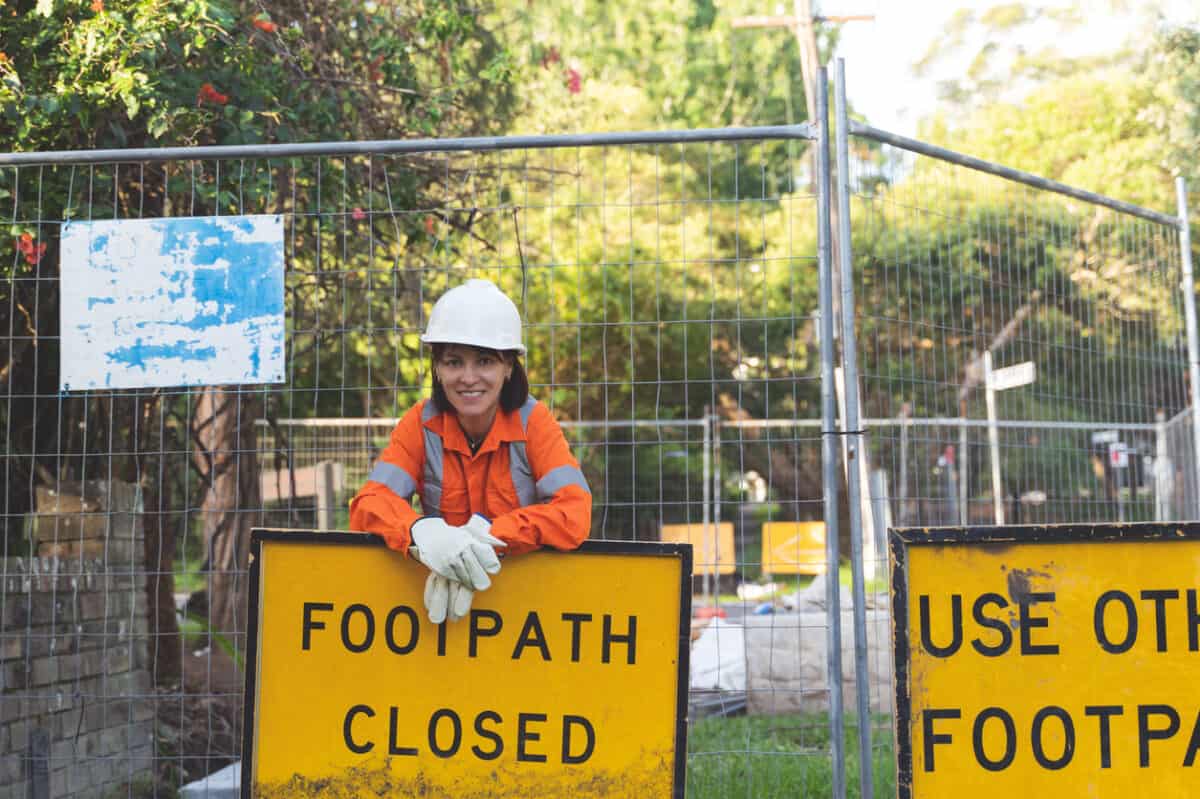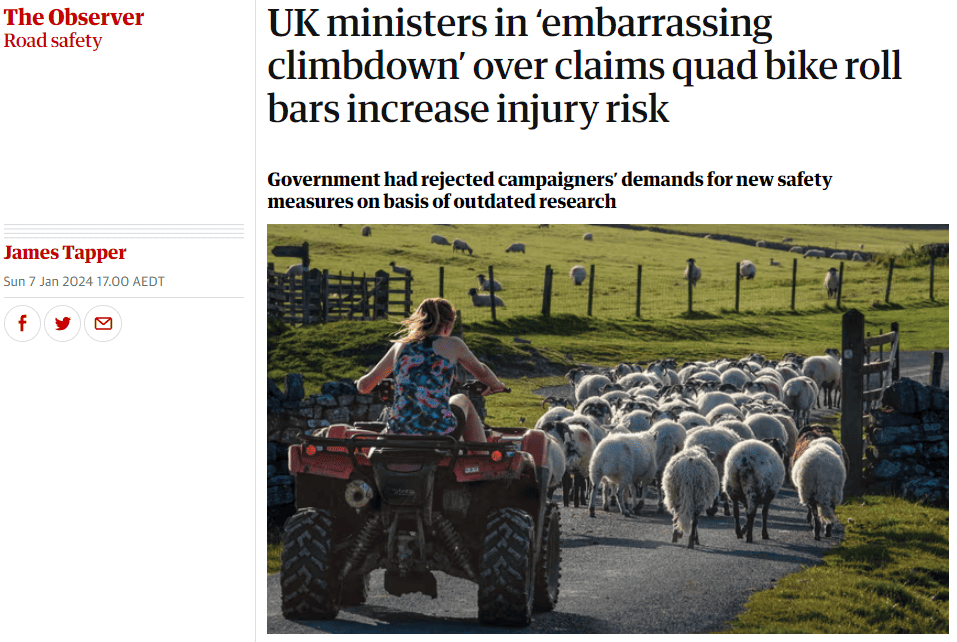On April 19 2024, United Kingdom’s Prime Minister Rishi Sunak made a major speech about welfare reform and mental health. The UK has a strong tradition of public health support through its National Health Service, which always seems to be underfunded and under-resourced but holds huge cultural and medical significance in the community. Mental ill-health has increased enormously over the last decade, as it has in countries like Australia, which is currently undergoing significant industrial relations reforms. However, what is missing from the PM’s speech and some of the subsequent analysis is that work is controlled by employers, so what does PM Sunak expect employers to do to help?
Category: consultation
“If a tree falls in a forest and no one is around to hear it, does it make a sound?”
Victoria’s Sentencing Advisory Council is conducting a public inquiry into sentencing and penalties for breaches of occupational health and safety (OHS). Public hearings are continuing, and the inquiry is receiving some well-deserved media attention.
ABC’s The Law Report recently devoted an episode to Industrial Manslaughter laws and the sentencing inquiry. The IM section of the episode was very familiar, but the sentencing inquiry was intriguing.
Applicability of Restorative Practices to all workplaces
Last week, a book called Setting Relations Right in Restorative Practice by David B Moore and Alikki Vernon (pictured above, second and third from the left, respectively) was published. The launch seemed full of the authors’ friends and colleagues, as well as social workers. Although Restorative Justice has been applied a little bit to resolve workplace conflicts, the discussion was dominated by examples in youth detention, correctional facilities, health care and public sector organisations. These are important industries, but what about the private sector in which most people work?
I asked the authors for some perspectives on workplaces outside of the types already discussed?
Below is the response from Moore and Vernon.
HSRs are one option for Consultation, not the be-all and end-all
WorkSafe Victoria’s obsession with Health and Safety Representatives (HSRs) was displayed at last week’s 2023 WorkSafe Awards night. The HSR of the Year nominations generated rowdiness in the audience, absent from the rest of the evening. The political context for emphasising HSRs in workplaces is understandable; there is always a close (and financial) relationship between trade unions and left-leaning political parties like that currently governing Victoria. HSRs and occupational health and safety (OHS) committees have been part of Victoria’s OHS legislation since 1985.
But only as one element of Consultation – a concept and principle that applies to all Victorian workplaces, not just those with trade union members or HSRs.
Occupational Hygienist – Rene LeBlanc
It has been several months since the 23rd World Congress for Health and Safety was held in Sydney, pictured above. A major benefit of attending occupational health and safety (OHS) conferences is meeting people, old and new. I was honoured to meet Rene LeBlanc, an occupational hygienist from Canada. We had dinner on a very rainy and stormy Sydney night, and Rene agreed to an interview. Below is an edited version of part of that conversation (it was a long dinner). Rene was wide-ranging on his OHS topics.
What makes Victoria think it is so special?
The Victorian government has released the final report of the Legislative Council Economy and Infrastructure Committee’s inquiry into the Workplace Injury Rehabilitation and Compensation Amendment (WorkCover Scheme Modernisation) Bill. Many readers will already be asleep after that sentence. Forgive me, it is accurate, but is the report of any use? It certainly progresses the debate on psychosocial regulations.
Quad Bike safety? It’s the UK’s turn
A recent article in The Observer illustrates just how far behind Australia the United Kingdom is on requiring the installation of crush protection devices on quad bikes. It is also surprising that the UK’s Health and Safety Executive (HSE) is not just relying on independent Australian research into quad bike rollovers. The vehicles are the same makes and models, the terrain is similar, and the risk is the same …??







